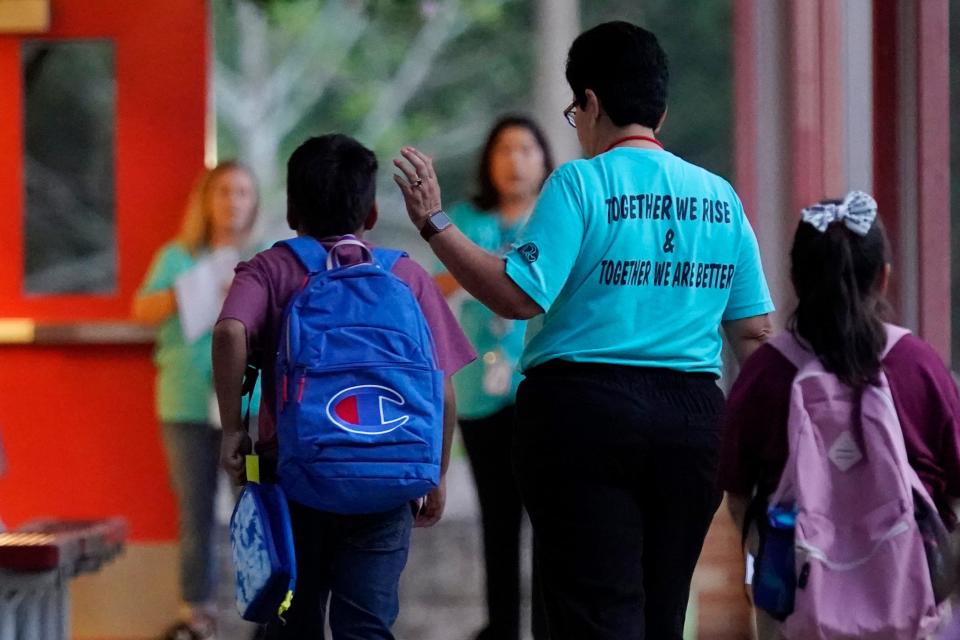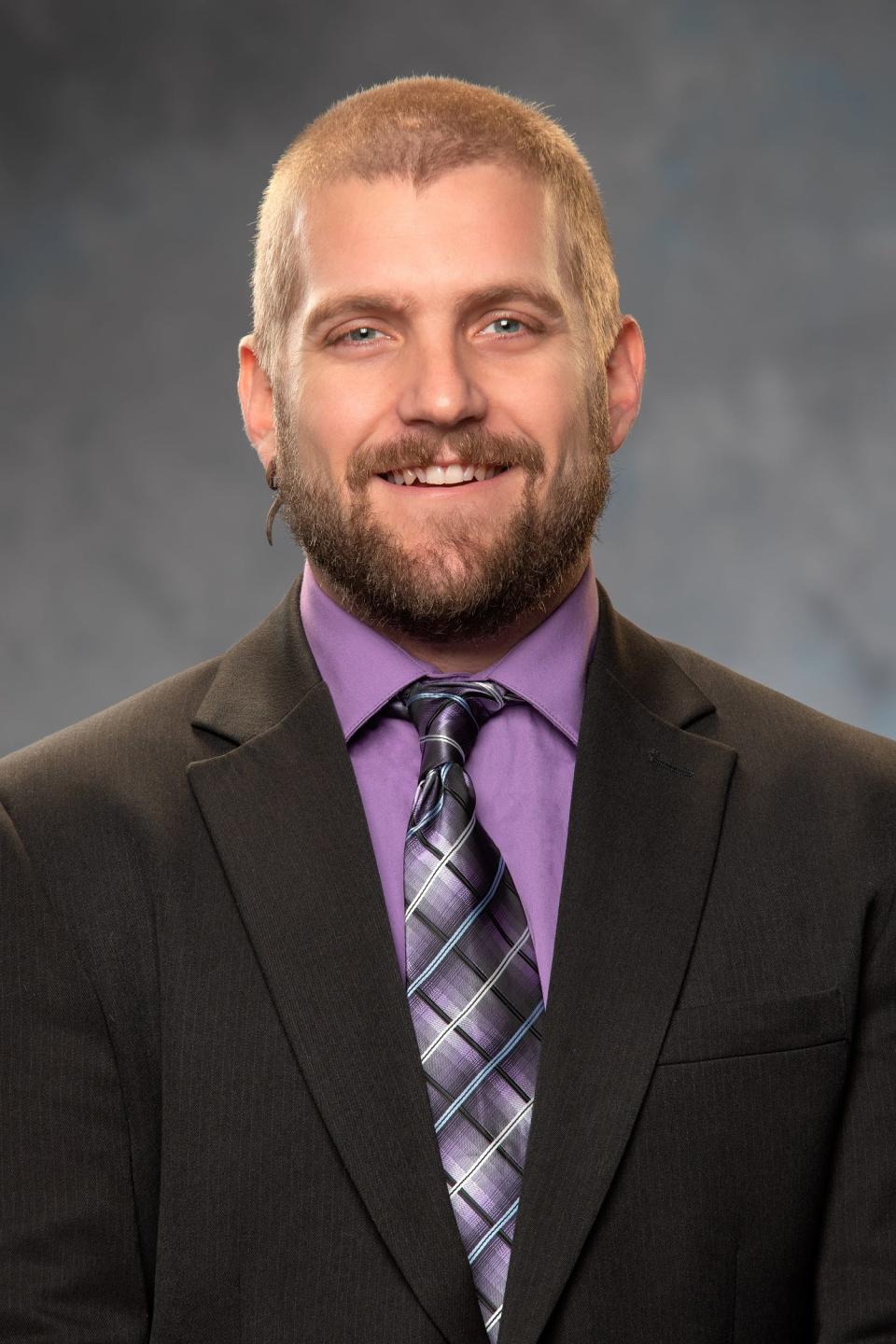How to encourage resilience after traumatic events including school shootings | Opinion
Recent mass shootings at grocery stores, schools, churches and hospitals in the United States have rekindled a variety of complex debates.
What no one disagrees about is that our population experiences real stress and trauma bearing witness to these tragic events.
Social media posts are filled with expressions of heartbreak, anger and fear. What can we do to help one another cope, heal and maintain resilience?
In the days following significant trauma, it is common for those who experienced the situation — directly or indirectly — not to stop thinking about the event and to feel a heightened sense of alertness.
Hear more Tennessee Voices: Get the weekly opinion newsletter for insightful and thought provoking columns.
How some people are affected by trauma
While most people will soon get back to their pre-trauma emotional baseline, some may develop symptoms of post-traumatic stress disorder. Those could include becoming easily frightened, having trouble concentrating or sleeping, irritability, self-destructive behavior or the inability to experience positive emotions.

Individuals who lose someone especially close to them in a traumatic event might struggle with prolonged grief disorder—symptoms that last more than six months for children and 12 months for adults.
A few examples are identity disruption or feeling as though part of oneself has died, avoidance of reminders that a person has died, difficulty moving on with life or the feeling that life is meaningless.
Hear from Tennessee's Black Voices: Get the weekly newsletter for powerful and critical thinking columns.
You can help people by checking in with them
There are several helpful approaches that may increase the likelihood of a resilient response to traumatic events.
Be sure the person who is struggling feels safe and comfortable at home; make their surroundings peaceful and soothing. Also be mindful of staying in close contact, regularly taking steps to gently engage with someone who has experienced trauma. It’s important to encourage and remind the person toward their own self-efficacy — that ability to overcome trauma and be okay.
In addition, tend to a person’s mental health by intentionally checking in with them to gather their concerns and needs. Convey feelings of connectedness and hope.

Remind them that we are here for each other and that reaching out is a normal thing to do when needs arise. It’s also helpful to plan and provide social activities that will in turn promote that crucial connectedness.
Together we grieve the violence and deaths reported across our country. We wrestle with understanding why these things happen, and it takes a major toll on a person’s mental health.

Your state. Your stories. Support more reporting like this.
A subscription gives you unlimited access to stories across Tennessee that make a difference in your life and the lives of those around you. Click here to become a subscriber.
It’s important to know there's help. When adverse reactions to trauma and grief last for weeks or months, reach out to a counselor or therapist at an organization like Centerstone.
Mental health-related crisis support is also available 24/7 by calling 1-800-273-8255. The 988 suicide and crisis lifeline is live on all devices. Together we are resilient.
Dr. Shane Kuhlman is chief psychology officer for Centerstone’s Research Institute. He earned his Ph.D. in clinical and counseling psychology from the University of South Alabama.
This article originally appeared on Nashville Tennessean: How to encourage resilience after traumatic events including shootings

